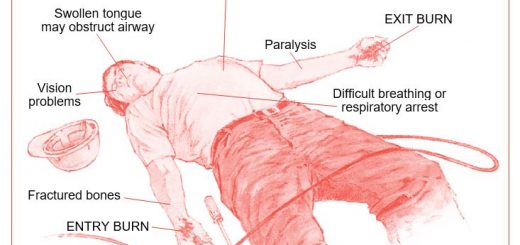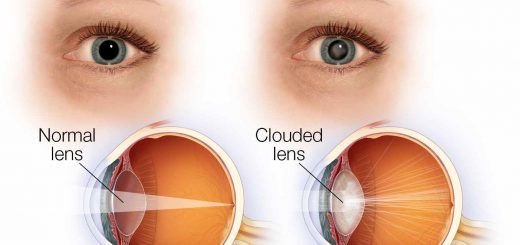Seizures in children and babies
What are the signs and symptoms of a seizure?
Seizures can present in many different ways:
- Involuntary twitching
- Sudden change in consciousness
- Unusual eye movements
- A vacant stare
- Numbness or inability to use a certain part of the body
- Unconsciousness
- Convulsions
- There may be associated incontinence of urine or stool
What causes a seizure?
A seizure results from abnormal electrical discharges in the brain. These abnormal discharges in the brain cause the signs and symptoms mentioned above.
What is a febrile seizure?
This is a seizure that is caused by a high fever. Most cases of febrile seizures are harmless and resolve after age 5. Your doctor may recommend using fever-reducing medications.
When can I treat a seizure at home?
A healthcare professional should assess any child who has a seizure, unless your own physician specifically advises you otherwise. Always begin the initial first aid measures as described below immediately
First aid measures
- Remain calm. Do not panic
- Place your child on the floor in an area that is safe
- Remove any objects around your child to make the area safe
- Loosen tight clothing, especially around the neck, head or face
- When the seizure stops, roll your child onto his side
- Seek medical attention once the seizure stops.
Call 911 immediately if any of the following are present:
- Change in skin color, especially blueness
- Difficulty breathing
- Any history of head injury, present or past
- If you suspect your child may have ingested or has been exposed to a poison
- If your child has a heart problem
- If your child appears unwell
- If the seizure lasts more than 5 minutes
- If you are concerned for any other reason
What not to do
- Do not try to put anything in a child’s mouth while he is having a seizure.
- Do not try to forcibly stop any seizure movements.
- Do not give your child anything to eat or drink right after a seizure. There is a period immediately following a seizure called the “post-ictal” period. In this state your child may be sleepy and trying to swallow anything may lead to choking.






